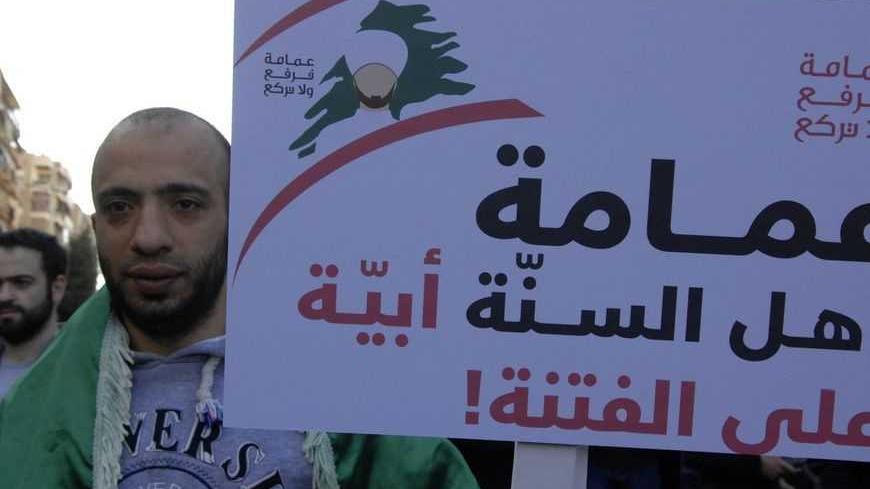Old Beirutis, who have long called the capital city their home, long for the olden days when it did not matter to which sect their neighbors belonged. They have recently seen renewed tensions and fighting — either on the streets or on television — between Sunni and Shiite groups. This article will report on the impressions and testimonies of Beirutis in the aftermath of the sectarian and political incidents that took place last Sunday.
Hanaa al-Jaq, a journalist and writer for Lebanese, Arab and international newspapers and a former member of former Prime Minister Saad Hariri’s media team, said to Al-Monitor: “This is not the same Beirut I knew and grew up in. I have lived my whole life in the Barbur neighborhood. Inevitably, many Christians fled the area back in the days of the civil war, amid the deep rifts that marked our country during that dark era. When the dust of war settled, however, we reunited again. The Lebanese people are good-hearted in general and do not harbor grudges.


